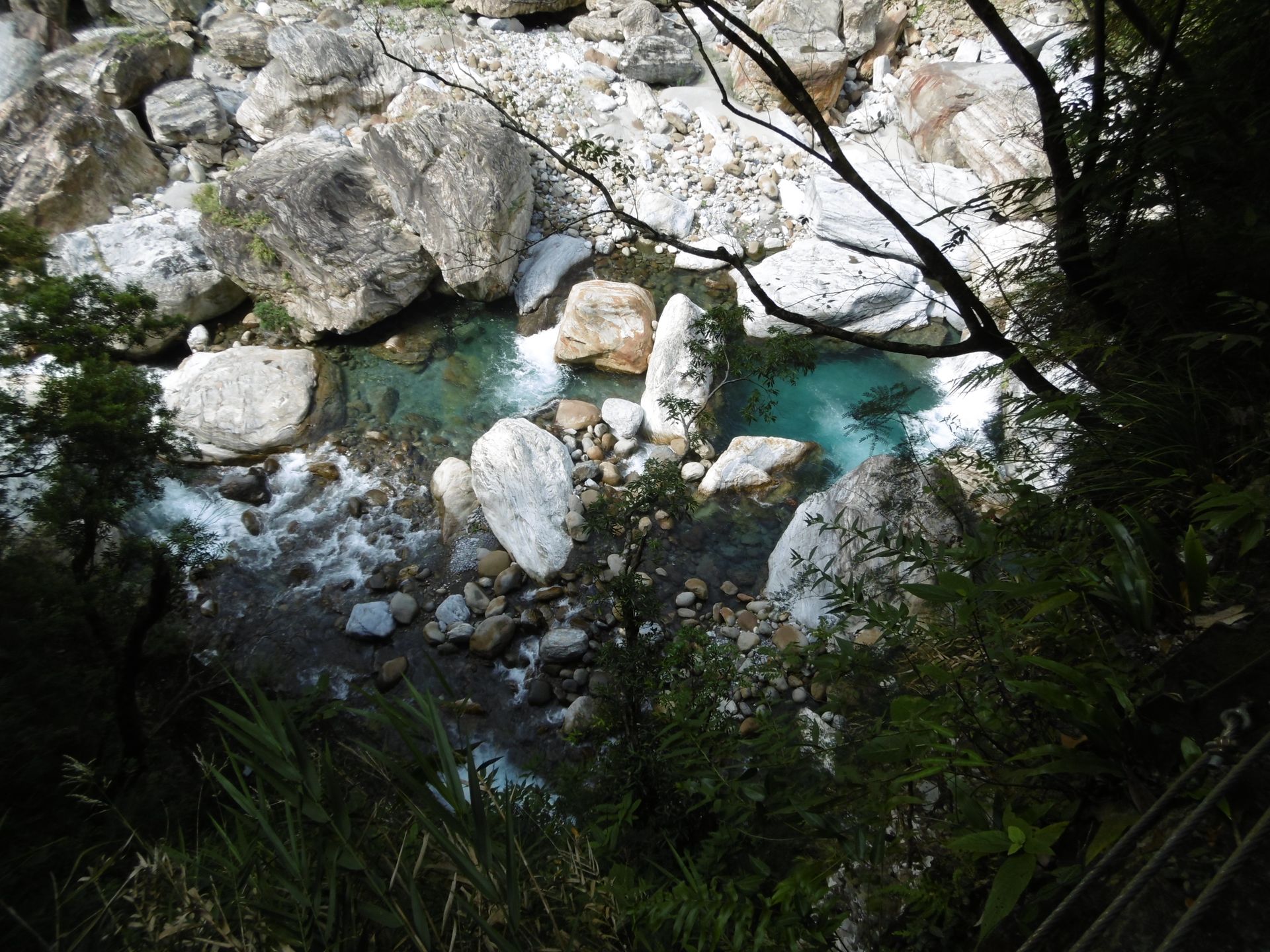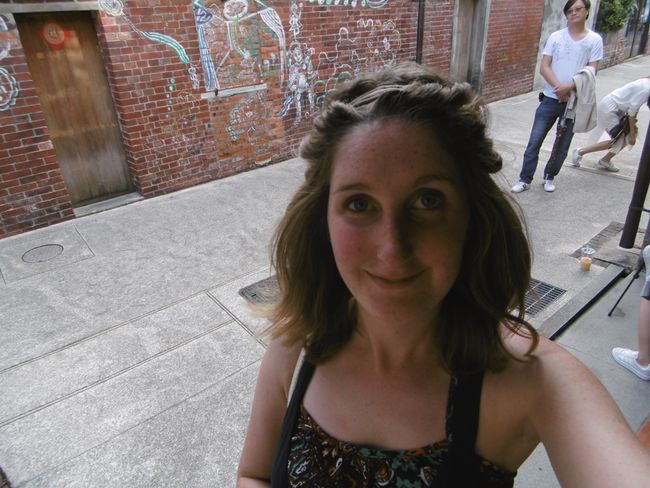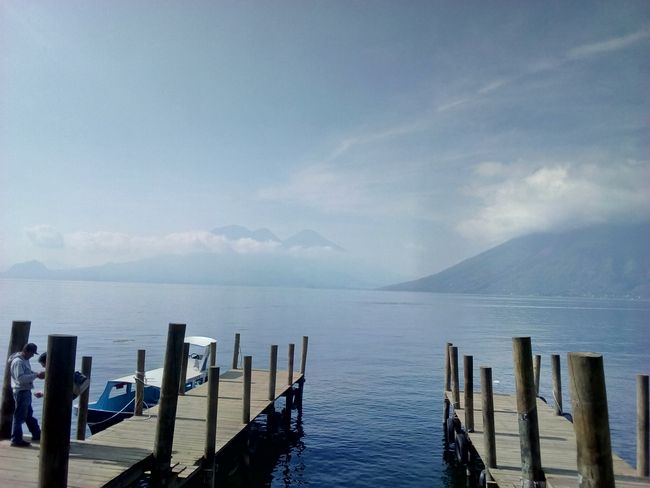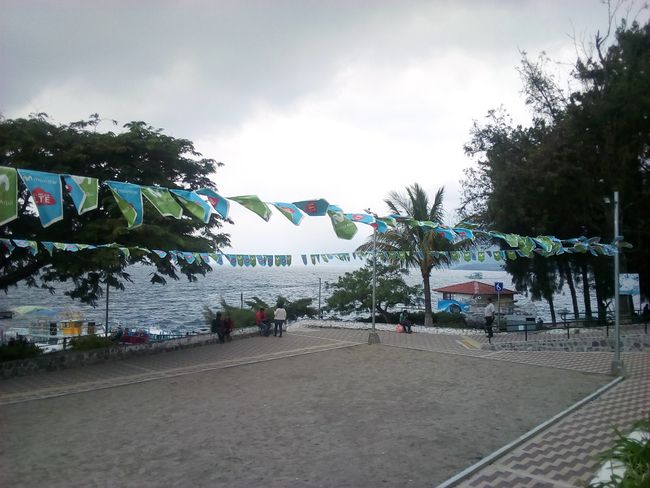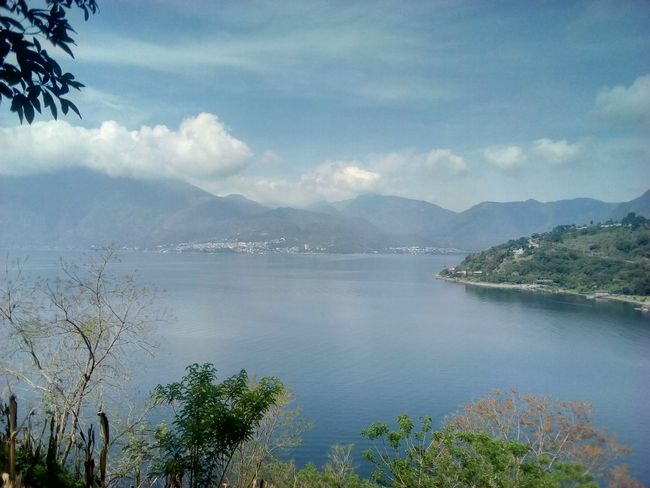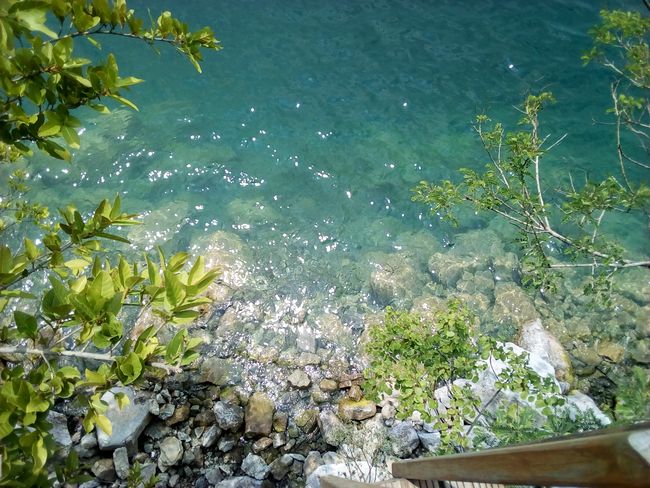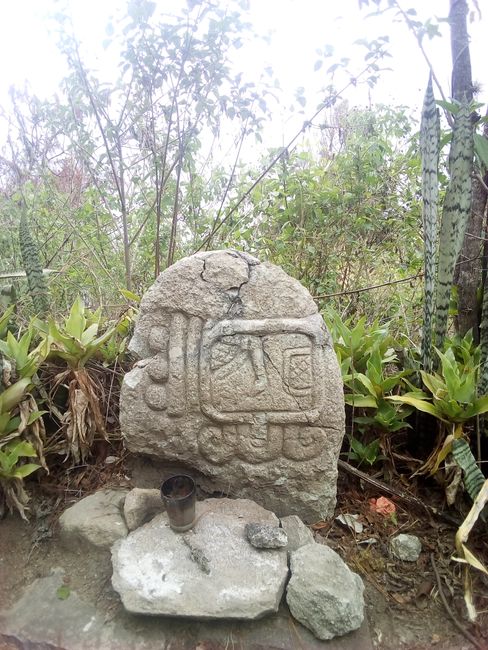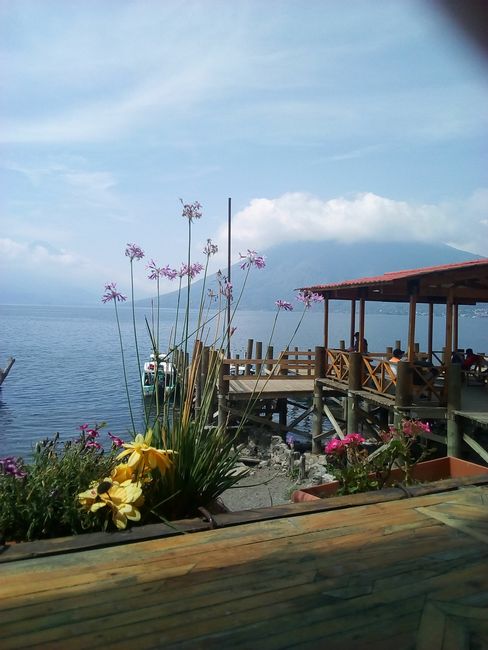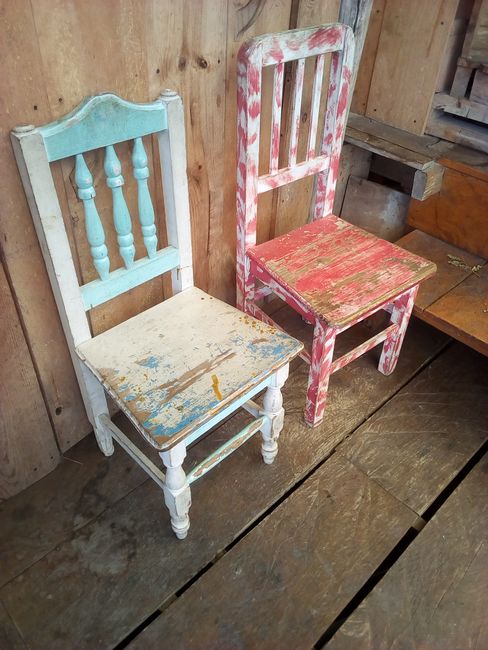Maya Tradition by the lake
ተሓቲሙ: 21.07.2019
ንዜና ሳብስክራይብ ግበሩ
During the second break from my work in the hostel, I took a multi-day trip to Lake Atitlan. It is located in the center of Guatemala and can be reached by car or shuttle from Xela in about an hour and a half. The lake is a popular destination for tourists.
First, I went to Panajachel (shortly Pana), a town at the eastern end of the lake. From there, I planned to visit other places around the lake by boat in the following days. In Pana, there isn't much to see besides numerous souvenir stands and a promenade by the lake. At the hostel in Pana, I met Nikola, a young woman from the Czech Republic whom I knew from the hostel in Xela. The next day, we took the ferry together across the lake to San Pedro. The crossing takes about 45 minutes and can be a bit rough when the boat rushes through the waves, which are already a bit higher in the middle of the lake.
San Pedro is slightly smaller than Pana. There isn't much to see in the town either. Tourists come here to party and/or learn Spanish, and it's a good starting point for excursions in the surrounding area, such as to the summit of 'Indian Nose' to watch the sunrise from there. Other popular activities include hiking on the Atitlan Volcano and paragliding over the lake.
However, Nikola and I decided to go to San Marcos the next day. The town can be reached from San Pedro by boat in twenty minutes. San Marcos has the reputation of being the 'hippie village'. Many dropouts have opened guest houses or yoga schools there. You can find eco hotels, permaculture farms, and natural cosmetics stores. After a walk through the town, we came across a spiritual center where, in addition to yoga and meditation, cocoa ceremonies were offered. Nikola wanted to participate in one of these ceremonies - I was initially somewhat skeptical. But after I got to know the young shaman who would do the ceremony with us, I decided to participate.
Since we had just come by spontaneously, Herman (the Guatemalan shaman) asked us to come back a few hours later so that he could prepare for the ceremony. We used the time to take a walk in a park by the lake (Cerro Tzankujil) and climb a small mountain. On the way up, we saw some Maya altars, and from the top, we had a beautiful view of the entire lake.
Then it was time to return to the village for the ceremony. During the cocoa ceremony, in which only Nikola and I participated, we learned more about the Mayan calendar, our signs (spirits), and how each day has its own sign, which in turn interacts with the personal sign and influences the course of a ceremony. Colors also play an important role in Maya culture. Our shaman explained all this in a very beautiful and calm way. He seemed very proud of the ancient traditions and happy to share them with us. He explained that some traditions had almost been lost, but that today more young people want to learn about the ancient Maya traditions and their language.
As Herman was talking, he gave us a drink made from raw, fermented cacao beans to drink. It has nothing to do with the sweet hot chocolate you get in Germany. I really struggled to finish my cup.
The explanations about our 'spirits' were followed by a meditation, and I was surprised to actually feel an effect of the cocoa. It's not like being intoxicated, and it's hard to describe exactly what happened. It might be best to say that I felt very emotional. In any case, the ceremony was an interesting and educational experience that I wouldn't want to miss.
The next and final day, I returned to San Marcos once again. This time with another acquaintance from the hostel in Xela, Marielle from Holland. She had stayed in the hostel for a week and then hiked from Xela to the lake for three days. Together, we went swimming in the lake, ate vegetarian food, and I relaxed and enjoyed the end of my short vacation before heading back to Xela the next day.
For the return journey, I decided to take a 'chicken bus'. These are the brightly painted local buses. Instead of an hour and a half, it takes three hours, but you pay only a fraction of the price for a shuttle and get an adventure on top of it. It seems that in Guatemala, the assistant of the bus driver (who waves people onto the bus and collects the fare) often climbs around on the roof of the moving bus. But my bus had the special feature that (I suspect) the engine cooling was not functioning properly. And so, water had to be poured through a funnel into a hose under the dashboard from large canisters regularly. A lot of water was needed when going uphill (which is almost constant on this route).
Well, I took it with humor and arrived safely in Xela. I stayed in the city for the next two weeks, even on my days off, and planned my further travels.
ንዜና ሳብስክራይብ ግበሩ
መልሲ
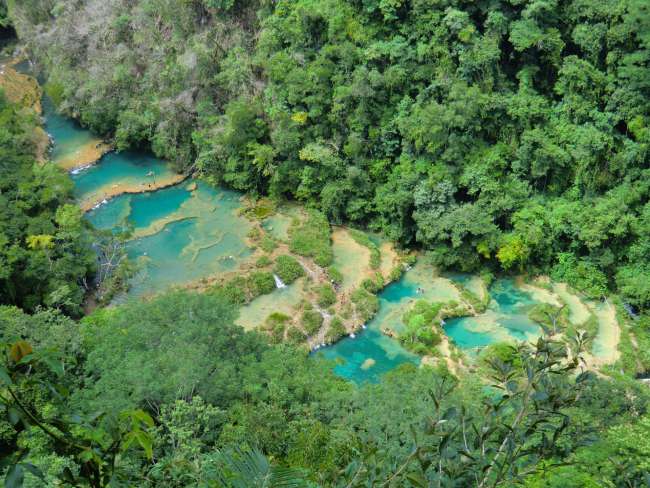
ጸብጻባት ጉዕዞ ጓቲማላ
